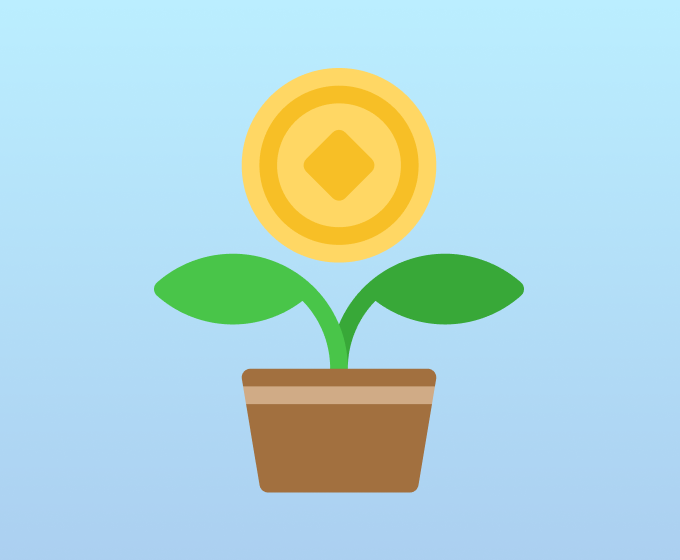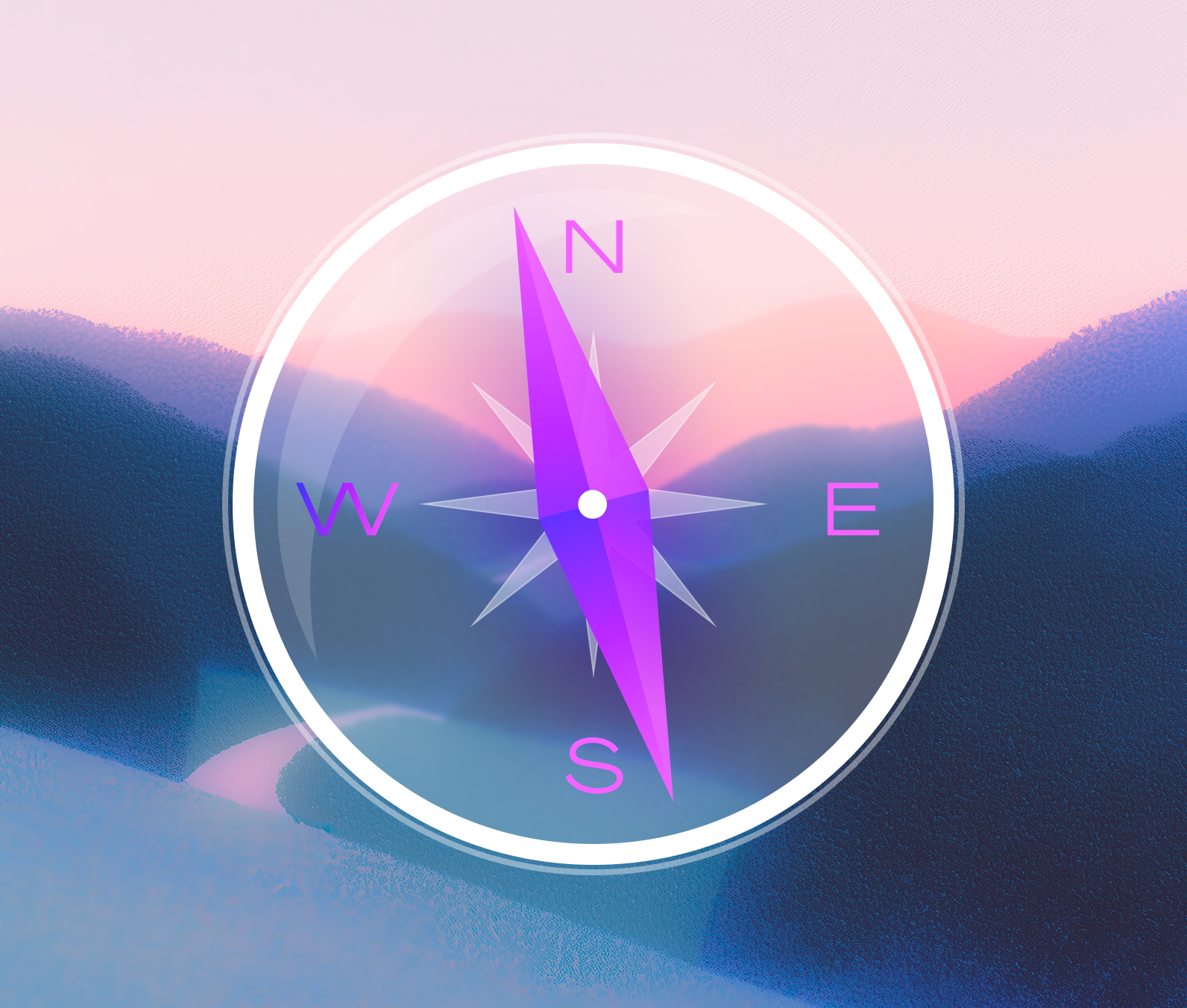10 reflections from founding a SaaS startup

For the last few years, I’ve been intrigued by the idea of doing an early stage startup. In January of this year, I started working on Whimsical with my co-founder Kaspars. Before making the jump, I wondered about a lot of things. What would it be like? What a huge challenge—could we make it work? Was this the right time and opportunity?
It’s now been 9 months. Here are a few high-level takeaways about starting a startup.
1. Co-founders matter a ton. Find a great one.
- They should have integrity. You’ll be depending on this person heavily. You need to be able to trust them.
- Alignment of values and motivation is vital. As much as possible, be on the same page here.
- Your co-founder(s) should care deeply about what they do and be fully committed to the success of the company.
- It’s really beneficial if they have a strong complementary skill set to yours.
- You should be able to collaborate easily and make hard decisions together.
- Past startup experience is a huge plus.
- Founder conflict is one of the biggest sources of startup failure. Put yourself on a good path.
2. Find a topic that excites you and is well-suited to you.
- A friend once told me that a good test for whether a startup topic might be a good fit for you is if you’d want to start a blog on that topic, even if you weren’t being paid to do it. It’s amazing how true this has been. You need to be passionate about the subject matter because you literally think, talk, and write about it constantly! If you’re only mildly interested, it’s going to get tiresome.
- Try to find a good fit for your skills. The core work of a business can be drastically different depending on the product and the business model. For instance, Whimsical is a collaboration tool that helps you do flowcharts, wireframes, sticky note exercises, and more. The work of building the product involves tons of UI and interaction design and this is something Kaspars and I really enjoy. The last company we worked for had an API for developers. The bulk of the “work” was quite different in that case. Play to your strengths and interests.
3. Prior experience at a SaaS company is really helpful.
- Many of the core mechanics, tools, and principles are transferrable. Figuring out a new product is difficult and time consuming enough. Having to learn the nuts and bolts of SaaS at the same time isn’t ideal. If it’s possible to learn the ropes of SaaS before starting your own, you’ll be better for it. You’ll have spent considerable time thinking through the various ways of doing something and when you encounter the decision again, you’ll have a bunch of context already. It lets you move a whole lot faster.
4. The world is big!
- The number of people and email addresses and domain names is utterly mind-blowing.
- It’s seriously hard to wrap your head around the size of the world. People are creating new accounts (and paying you money) at every hour of the day. Hundreds or thousands of new people experience your product every single day. This happens day after day after day. I’m constantly amazed by it.
- You figure you’ll exhaust the number of people or companies in your market. In reality, for early-stage startups in a sizable market, you’ve only scratched the surface. And to add to that, loads of new people enter the workforce each year. New startups are being formed all the time. It’s likely that quite a few of your future customers are from companies that haven’t even been founded yet!
- The world is so big it even has more than one hemisphere. Who knew! So, for instance, if you email all of your users wishing them a happy summer, everyone in the middle of their winter won’t be too impressed. Though, who would do that?? 😉
5. The world is small!
- Chatting with people all across the world is amazing. You realize that many people have the same issues, the same hopes and desires. There’s a lot that’s shared by people in general but especially those working in the digital and tech space.
- Your product is capable of bringing together a diverse group of people from all corners of the globe. They will all have a shared experience with your product and a small community is formed. Scalable products are fun that way.
6. “Being your own boss” is pretty fantastic.
- It is a game-changer knowing that you share in the potential success (and of course failure) of your company. Your upside is whatever you make it. This is both liberating and invigorating.
- There are no politics and no “rules.” As long as there’s trust between you and your co-founder(s), do whatever you think is best. There is a refreshing simplicity to it.
- You can fit your work to your desired lifestyle. Want to work from the road as you’re traveling with your family—why not? As long as you can be productive, there aren’t many limitations. For instance, my family will be spending a month in Spain and Portugal this fall. I’m bringing my laptop and will work during the week days. We get to see a different part of the world. Win win!
- You have an amazing opportunity to create a culture around what you value and to share that with others who join you.
7. Early stage startups are very pure.
- There are no meetings. Sure, you may set up times to talk with customers. Or you may have a collaborative work session with your co-founder(s). But it’s almost entirely ad hoc, efficient, and focused.
- So this means that there’s plenty of maker time 🙌🏼
- But at the same time, the work you do on a daily and weekly basis hits a ton of different categories. It keeps you on your toes.
- Successes and failures are visceral. You are tightly connected to your startup. Seeing upgrades come in and having people say nice things on Twitter is incredible. Watching customers churn or encounter bugs is not fun!
8. It feels fast and slow at the same time.
- You’re pushing new features and improvements all the time. Ideas can become realities in your product within minutes. There’s amazing energy and potential.
- At the same time, it’s just a few of you. The feature requests pile up. You have to be extremely selective in what you choose to build. More users and customers means more feedback, more bugs discovered, and more feature requests. All of this makes it even harder to keep moving fast.
9. Build something people love.
- We didn’t go through YC but this truly is a helpful mantra. Create something that makes people’s lives better, that gives them joy, and the revenue will follow. (Btw, I highly recommend reading through Paul Graham’s essays at some point.)
- Along with this, solving your own pain point can help you move really fast and get closer to the right solution much earlier on in the process.
10. Raising VC is not the only path.
- There is a new wave of startups pursuing big markets on their own terms. The ambition is the same but the mindset is different. It’s not growth at all costs with a boom or bust mentality. It’s about growing sustainably, staying true to your values, and building with a long-term focus.
- This is made possible because the cost of starting a SaaS company has never been lower. Plus, there are more financing options available than there have been in the past. For example, check out what the folks at Indie.vc were doing if you haven’t already.
Onward
Our hope is that we’ll be able to continue building and growing Whimsical for many years to come. There is a deep satisfaction that comes from creating something new and sharing it with the world. It’s a lot of work, no doubt. But it’s incredibly fun and at the end of the day, it’s also an amazing honor. I’m grateful to have the opportunity to pursue this dream and thankful for the customers who enable us to keep going.



